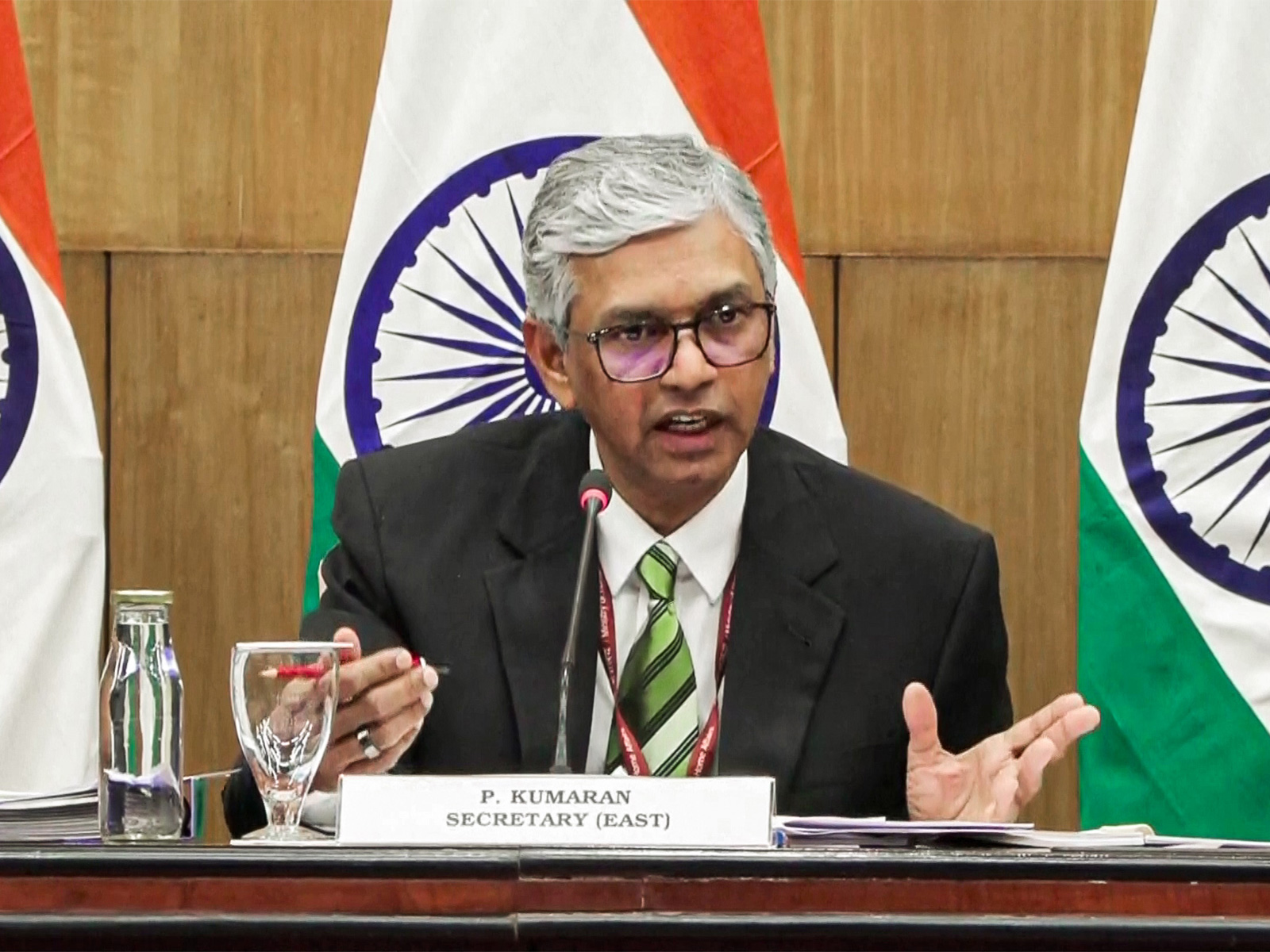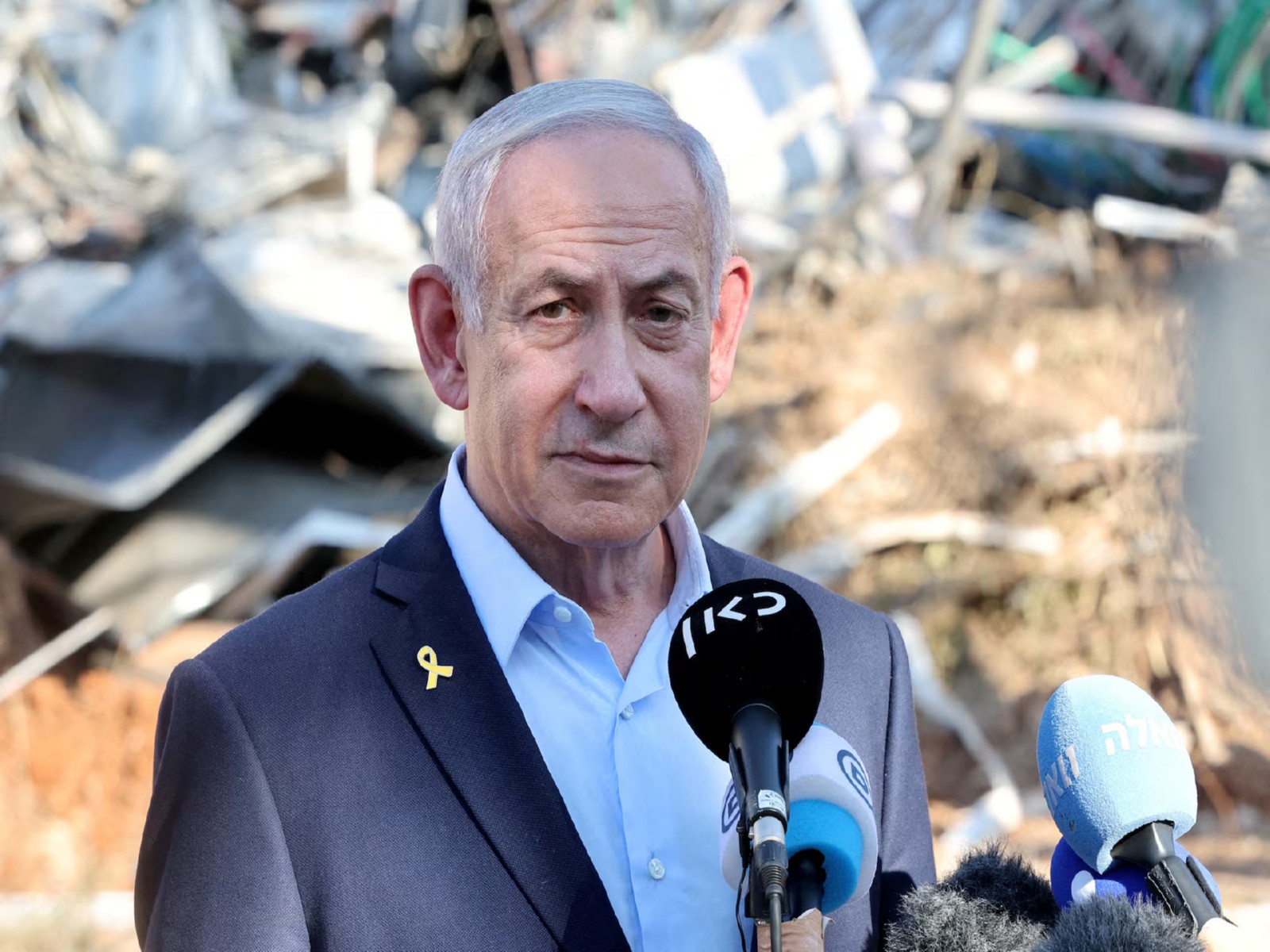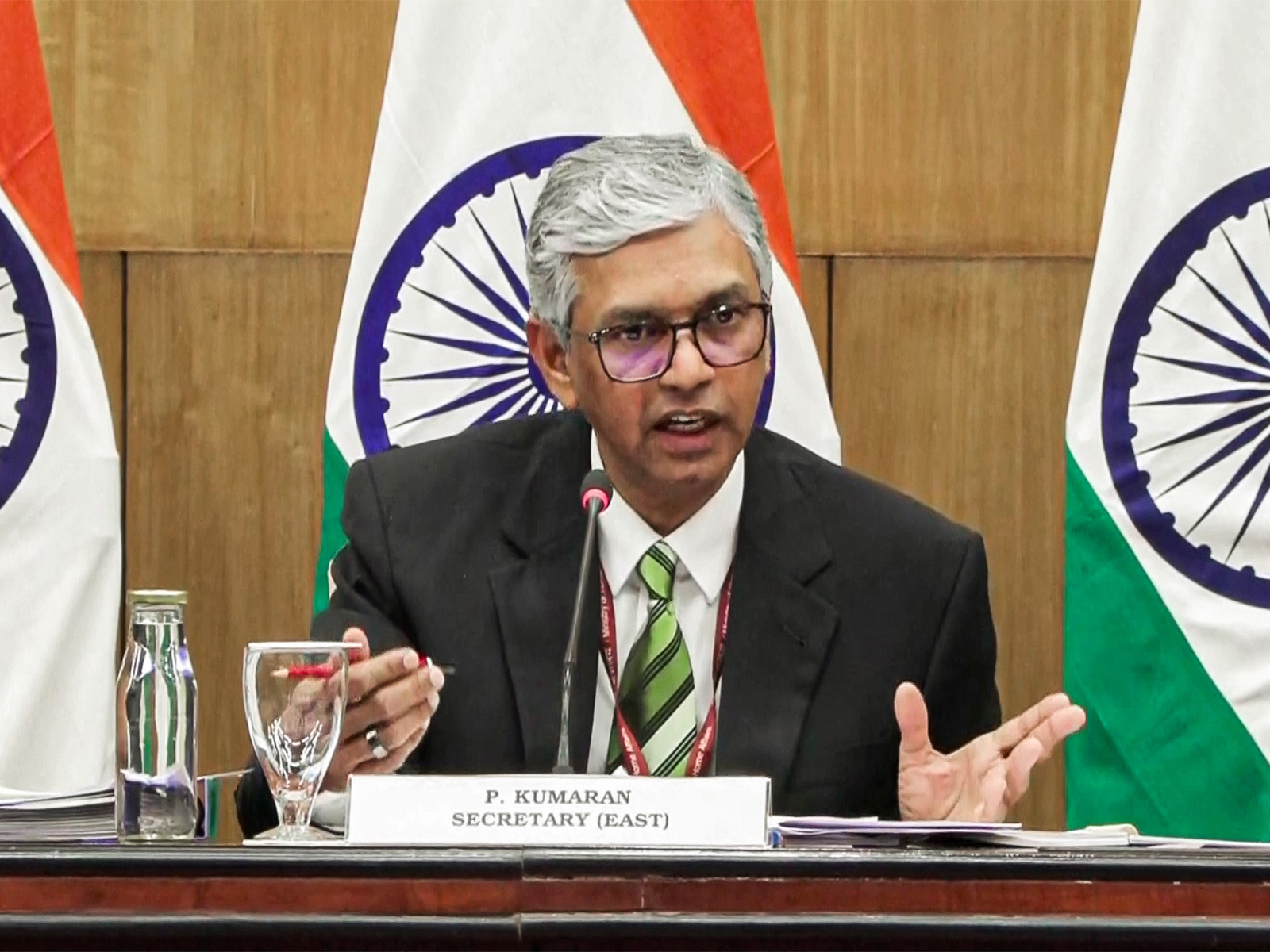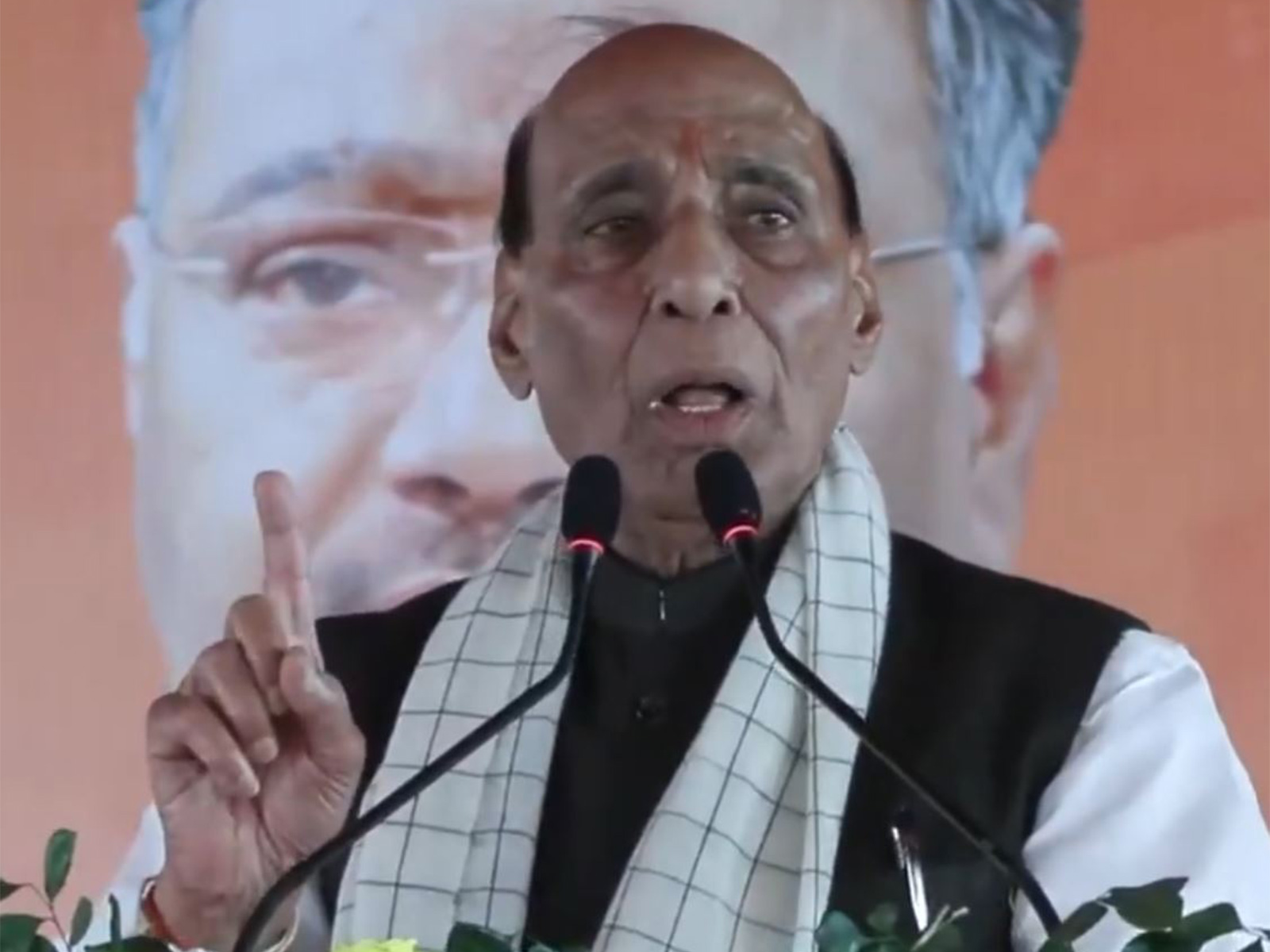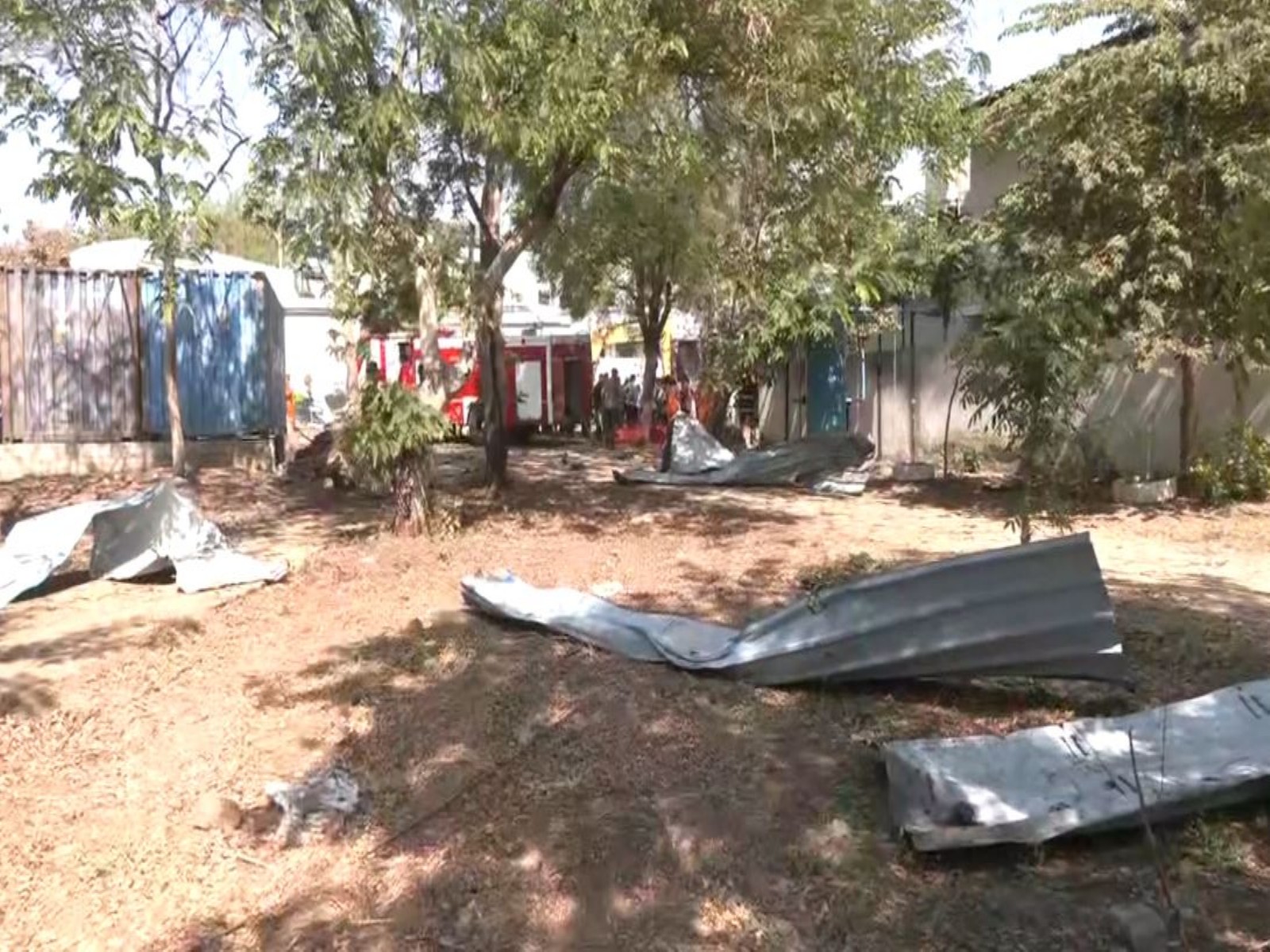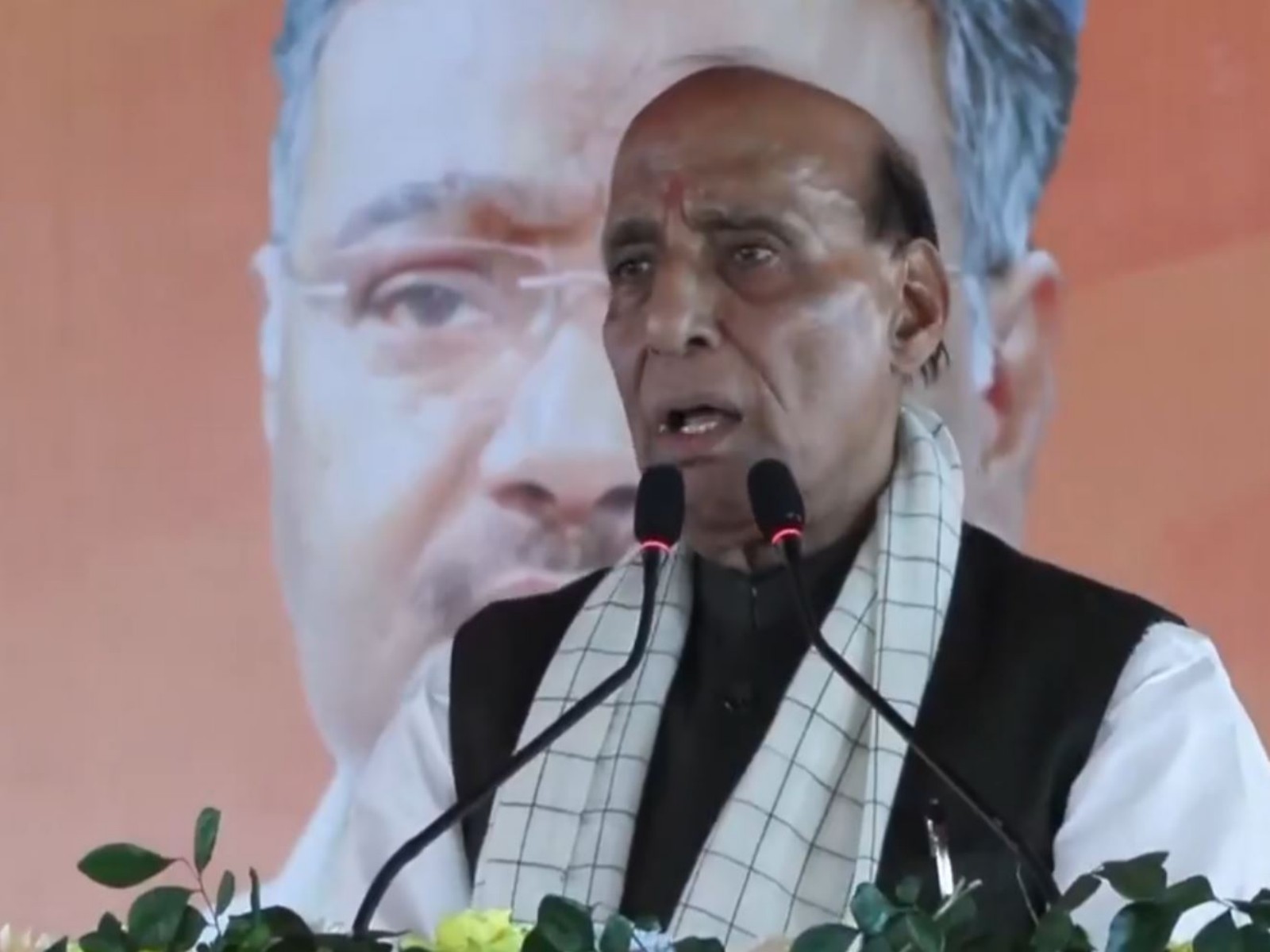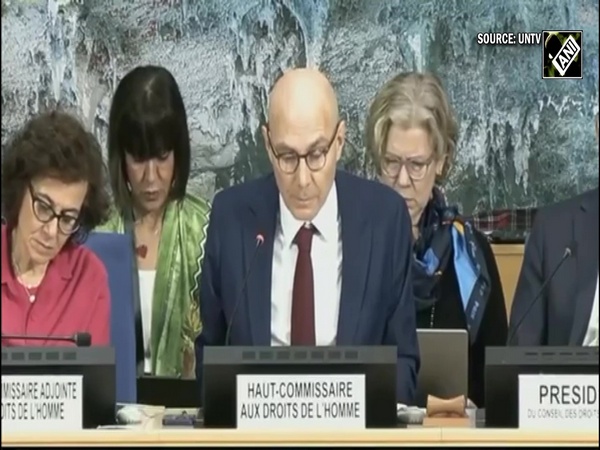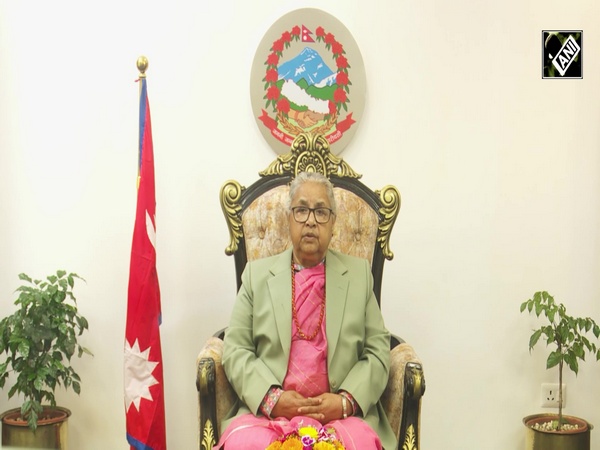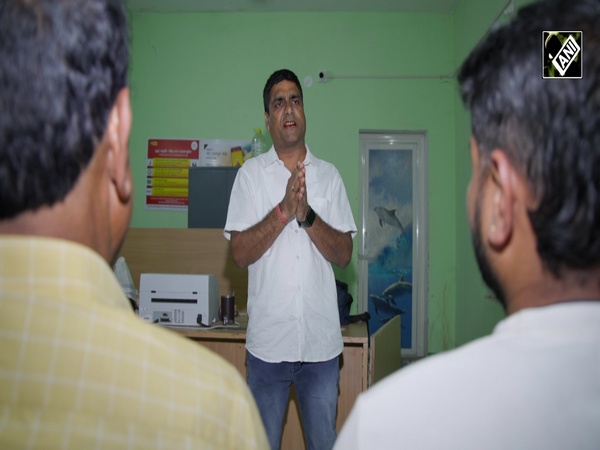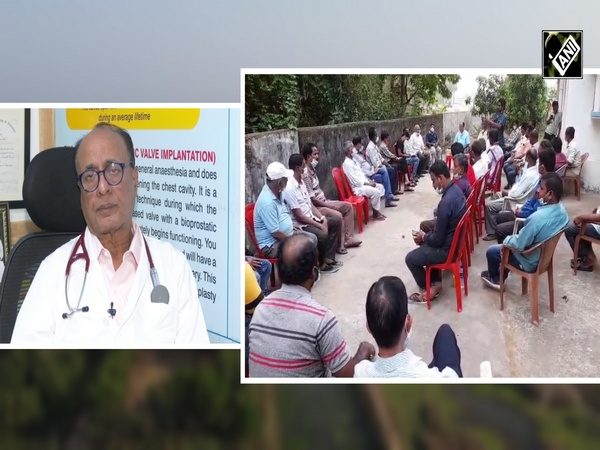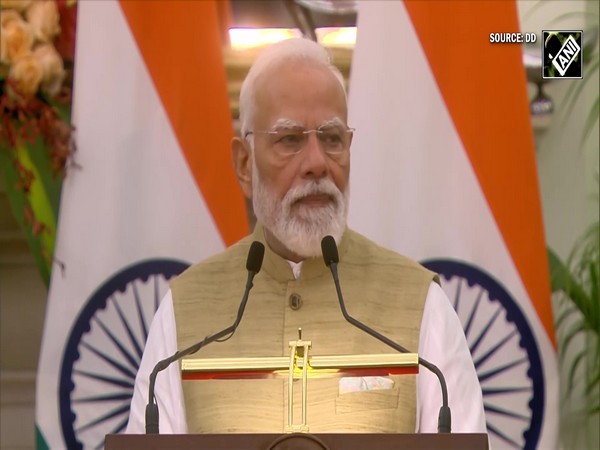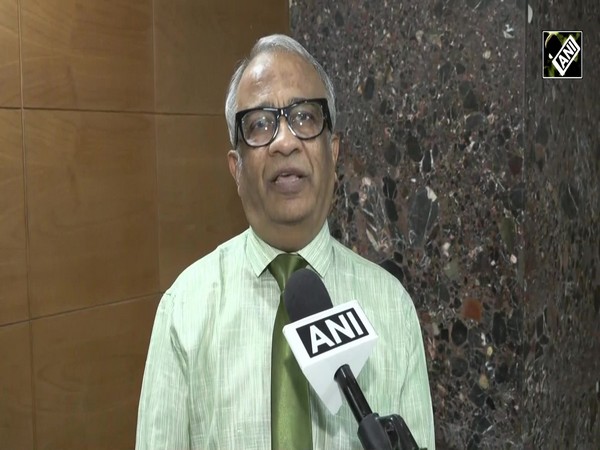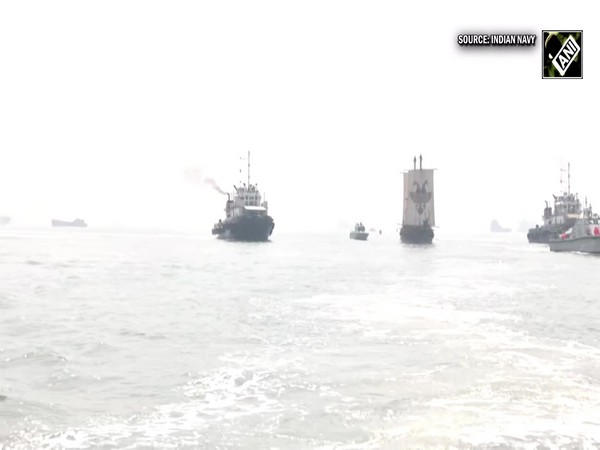Shangri La Dialogue: President Marcos Jr upholds Philippines' commitment to peace, ASEAN centrality
Jun 01, 2024

Singapore, June 1 : President Ferdinand R Marcos Jr of the Philippines made history on Friday as he became the first Philippine leader to deliver the keynote address at the 21st edition of the International Institute for Strategic Studies (IISS) Shangri-La Dialogue in Singapore.
The Shangri-La Dialogue serves as Asia's premier annual defence summit, convening government leaders, senior officials, experts, and business icons to foster cooperation and address regional security challenges.
In his speech, President Marcos underscored the paramount importance of maintaining peace and stability in the international community, emphasising the rule of law as the foundation for countries to pursue their respective aspirations. He reaffirmed the Philippines' commitment to upholding an "open, inclusive, and rules-based international order," governed by international law and guided by principles of equity and justice.
"We renew this commitment at this turbulent juncture of our history," President Marcos stated, recalling his previous address at the United Nations, where he championed the values of international law and justice.
He highlighted the Philippines' historical role in advocating for peace among nations, dating back to the establishment of the post-World War II world order in 1945.
President Marcos lauded the Philippines' contributions to global peace efforts, citing the country's active involvement in shaping the international landscape.
He emphasised the Philippines' commitment to upholding the principles enshrined in the United Nations Charter, including the right to self-determination and the peaceful settlement of disputes.
The President reflected on the Philippines' pivotal role in crafting landmark declarations, such as the 1982 Manila Declaration on the Peaceful Settlement of Disputes, which affirmed the importance of resolving differences through peaceful means and diplomatic processes.
Addressing the current geopolitical landscape, President Marcos identified seven realities or challenges emerging in the Indo-Pacific region. He emphasised the need for a reaffirmation of the principles established in key diplomatic agreements, such as the San Francisco Treaty of 1945 and the Bangkok Declaration of 1967, which laid the groundwork for ASEAN's efforts to build a rules-based regional community.
President Marcos cautioned against revising the existing regional order, urging stakeholders to uphold the principles of equality and non-interference in sovereign affairs. He stressed the importance of collective action in addressing shared challenges and promoting regional stability.
On maritime security issues, particularly in the West Philippine Sea, President Marcos reaffirmed the Philippines' commitment to defending its sovereign rights and adhering to international law, including the United Nations Convention on the Law of the Sea (UNCLOS).
He underscored the Philippines' stance on resolving disputes through dialogue and diplomacy, emphasizing the importance of upholding the 2016 Arbitral Award as a foundation for peaceful resolution.
President Marcos also outlined the Philippines' efforts to enhance its defence capabilities through the Comprehensive Archipelagic Defense Concept, aimed at protecting the country's maritime domain and preserving its patrimony.
He emphasised the importance of diplomacy in complementing defence initiatives, highlighting the Philippines' commitment to ASEAN centrality and strategic partnerships with key allies such as the United States, Japan, Australia, and Vietnam.
During the dialogue, President Marcos highlighted collaborative endeavours with neighbouring states, including trilateral cooperation with Indonesia and Malaysia in the Celebes Sea.
He also referenced the Joint Vision Statement adopted by the Philippines, Japan, and the United States, signalling a commitment to enhancing economic cooperation and regional security through trilateral collaboration.
"These partnerships reflect our commitment to preserving, defending, and strengthening the rules-based regional order," President Marcos affirmed, emphasizing the collective responsibility of nations to address the challenges facing the Indo-Pacific region.
President Marcos concluded his address by reiterating the Philippines' commitment to peace, security, and stability in the region, emphasizing the importance of inclusive and decisive action in tackling shared challenges.
The IISS Shangri-La Dialogue, attended by over 550 delegates from defence and security establishments worldwide, serves as a platform for global leaders to engage in discussions on pressing security issues and collaborative initiatives to promote regional stability.

